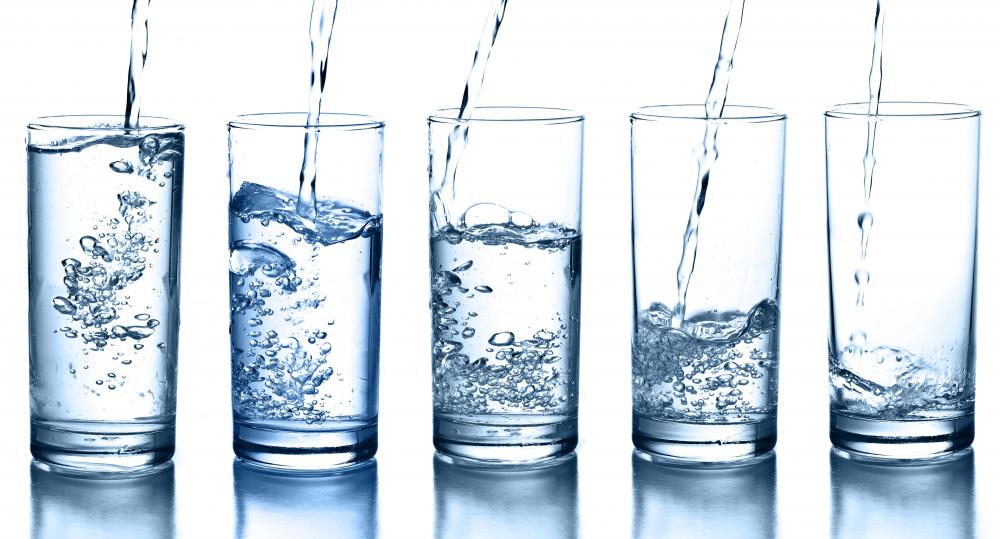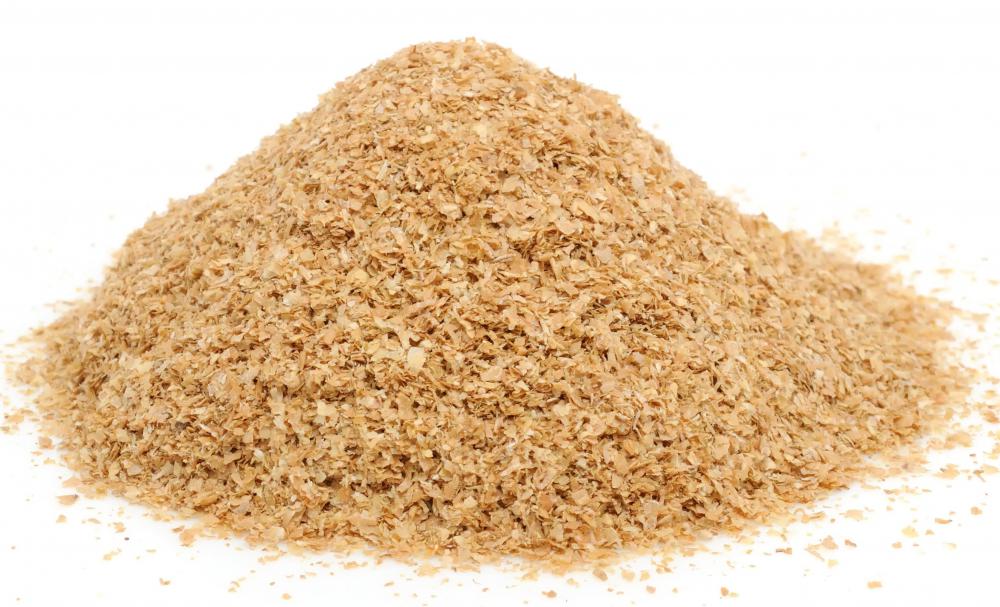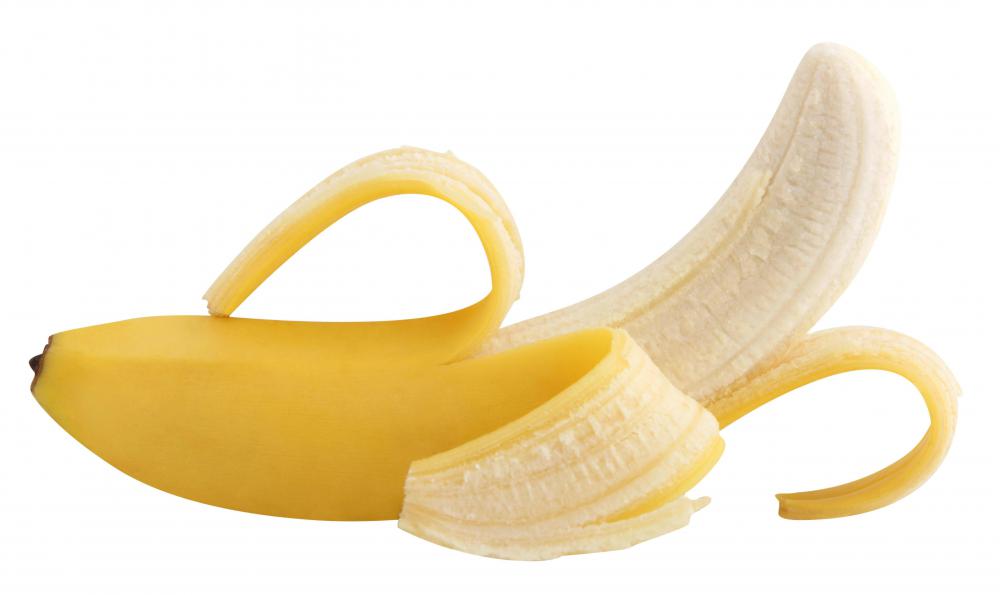At WiseGEEK, we're committed to delivering accurate, trustworthy information. Our expert-authored content is rigorously fact-checked and sourced from credible authorities. Discover how we uphold the highest standards in providing you with reliable knowledge.
What Are the Health Effects of Eating Too Much Fiber?
Too much fiber can cause diarrhea and excessive bowel movements, making the body excrete too many vitamins and minerals. The loss of water and nutrients such as calcium, iron, magnesium and zinc can result in malnutrition and dehydration. In addition, too much fiber can cause stomach cramping and a bloated abdomen from the buildup of internal gas. Dieticians recommend that individuals consume only 15 to 30 grams of fiber daily. More than 50 grams is considered too much fiber by most dieticians.
Fiber, which is only found in plant foods or supplements made from plants, comes from vegetables, grains, beans, and fruits — especially those consumed with the skin on. Both types of fiber — the water-soluble and the water insoluble — are coveted because they can prevent disease and help detoxify the body. The role of fiber is not to provide the body with nutrition, as fiber itself has no minerals or vitamins. Instead, the role of fiber is to act as a natural broom that sweeps the intestines clean of toxins and excess waste through regular bowel release.

The constant cleaning of the digestive tract can reduce the time that poisonous substances and malicious bacteria remain in the body, thereby guarding against illnesses like cancer, particularly colon cancer. In addition to cleansing the body and preventing malignancies, high-fiber diets can reduce cholesterol in the body. This reduction occurs because fiber removes digestive juices known as bile, which is made from cholesterol. The constant removal forces the body to produce more bile by drawing more cholesterol out of the bloodstream.

Fiber can also lower blood sugar, which is helpful for people who have diabetes. It does this by lingering in the digestive tract with simpler sugars, delaying the sugar’s breakdown and entry into the bloodstream. Doctors often recommend that dieters eat simple carbohydrates with high-fiber foods to maintain balanced blood glucose.
In pursuit of these benefits, many people add large amounts of complex carbohydrates to their daily diet and occasionally end up adding too much fiber. Nutritionists say it’s highly unlikely that a person eating whole foods can consume an excessive amount of fiber, as most fruit and vegetable servings only have between one gram and 4 grams of fiber each. Servings of grain can have as many as 11 grams of fiber; however, because they induce fullness quickly, nutritionists believe most people are not likely to consume too much fiber from grain. If the body, however, is not accustomed to lots of fruits, legumes and grains a day, it may temporarily react with gas and cramping until the digestive system is used to regular high-fiber consumption.

Taking fiber supplements is where the danger of excess lies, according to doctors. Capsules of fiber and dried fiber sold to be added to liquids like water and fruit juice by the spoonful can easily be consumed in excess. When too much fiber is consumed through supplementation, the likelihood of becoming malnourished is higher because whereas whole foods contain replenishing nutrients in addition to fiber, fiber supplements generally have only fiber and a few preservatives. Doctors often recommend that those who take fiber in supplement form regularly take vitamins and limit consumption to the recommended daily allowance listed on the product.
AS FEATURED ON:
AS FEATURED ON:

















Discussion Comments
@Iluviaporos - I suppose a supplement is better than nothing, but I would still try to encourage someone to eat fruits and vegetables or whole grain bread rather than stick with pills. Even dried fruit can be very good for you in this sense and dates in particular are almost like eating candy if you get the right type, but have a lot of fiber.
In fact, you actually have to be careful not to eat too many of them if you aren't used to them. I was attempting to change my diet for the better and had a bunch of dates and wholegrain cereal for breakfast and some kale for lunch one day and I regretted it soon afterwards. I think that was just a little bit too much fiber for my stomach.
@Fa5t3r - Fiber is usually contained in food that is very good for you anyway, so I'd only recommend supplements to people who either can't control their diet (for example, because they are living with someone who insists on high fat and simple starch based meals) or who is too stubborn to change their diet. It can be a lot easier to convince someone to take a couple of extra pills than to start incorporating whole new foods into their diet.
One of the problems with the modern diet is that we don't practice moderation in any sense. People seem to either not include any fiber at all in their diet because they never try to eat fruits or vegetables or whole grains, or they attempt to eat only vegetables and whole grains and fiber supplements and high fiber diet foods and end up losing the benefits of a balanced diet.
I don't even think that you need to worry that much about moderation as long as you eat a diverse diet. If you get into the habit of including fruits and vegetables and so forth you won't need supplements and you won't be in any danger of overdoing it with the fiber.
Post your comments